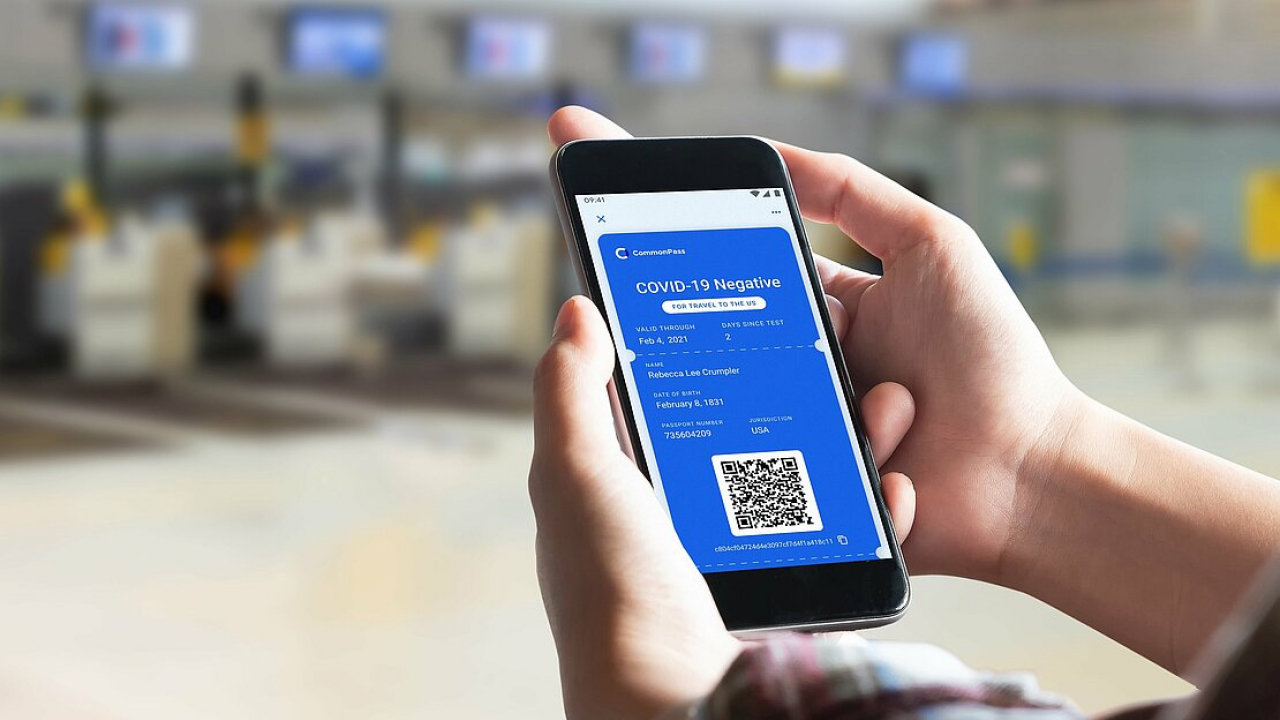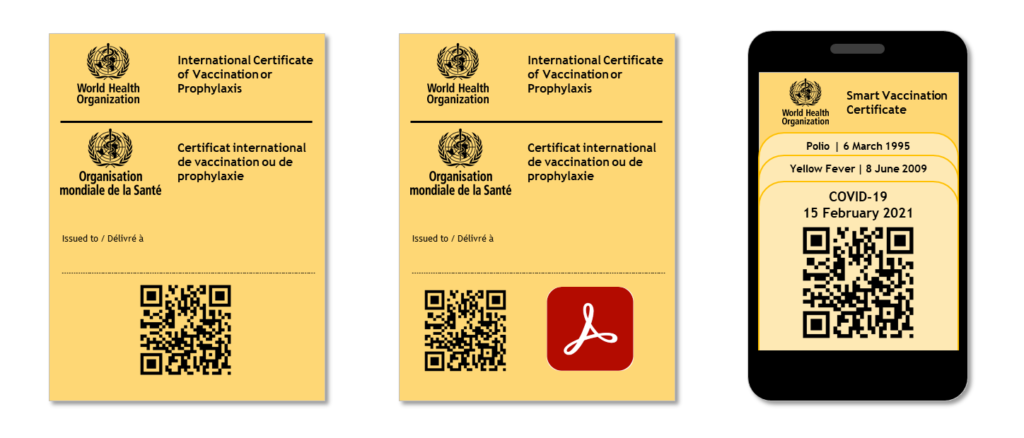Digital Health Passes: Ready For Take-off? (Part 3 of 3)
Jody Aldcorn
April 14, 2021

| In the final instalment of a detailed analysis from Canadian law firm McCarthy Tétrault – originally posted on March 18, 2021 – the authors take a look at the efforts being made in establishing a standardized framework for digital health passes. |
While proof of vaccination poses legal and ethical considerations, it is not an entirely new concept to international travel. There is an existing paper-based International Certificate of Vaccination or Prophylaxis, known as the “yellow card” that is official proof of vaccination against a disease. Governed by the WHO’s International Health Regulations (2005) (IHR), yellow fever is currently the only disease specified in the IHR for which countries may require proof of vaccination as a condition of entry. This may change in the future.
A Regulatory Framework for COVID19 The IHR “provide an overarching legal framework that defines countries’ rights and obligations in handling public health events and emergencies that have the potential to cross borders”. An IHR Emergency Committee was formed to address COVID19 and at its sixth meeting in January 2021, it undertook to:
- lead the development of international standards and guidance for reducing COVID19 transmission related to international travel
- work to rapidly develop and disseminate the WHO policy position on the legal, ethical, scientific, and technological considerations related to requirements for proof of COVID19 vaccination for international travelers, in accordance with relevant IHR provisions
- coordinate with relevant stakeholders in the development of standards for digital documentation of COVID19 travel-related risk reduction measures and ensure they can be implemented on interoperable digital platforms
- encourage states to put in place coordinated, time-limited, risk-based, and evidence-based approaches for health measures in relation to international travel.
However, in its interim position paper released on February 5, the WHO reiterated its position that national authorities and conveyance operators should not introduce requirements of proof of COVID19 vaccination for international travel as a condition for departure or entry, given that there are still critical unknowns regarding the efficacy of vaccination in reducing transmission.
In addition, considering that there is limited availability of vaccines, preferential vaccination of travelers could result in inadequate supplies of vaccines for priority populations considered at high risk of severe COVID19 disease.
WHO also recommends that people who are vaccinated should not be exempt from complying with other travel risk-reduction measures. This position was reconfirmed at a WHO COVID19 press conference on March 8.
While the WHO does not currently support digital health passes to facilitate air travel, it has initiated the Smart Vaccination Certificate Working Group to establish a multi-sector consortium to:
- facilitate monitoring of national COVID19 vaccination programs
- support cross-border uses for a potential future in which the COVID19 vaccine would be included in an updated version of the IHR.
The consortium is working towards establishing a framework of key specifications and standards to guide digital vaccination certificates linked to national and cross-border digital systems. As the consortium works towards achieving consensus on common standards and governance for security, authentication, privacy, and data exchange, it will be publishing recommended standards and guidance.
So, while the WHO currently opposes requiring a digital health pass for travel, it is actively working to lead the way in setting global standards for the verification, sharing, and use of COVID-19 digital heath records for other uses.
|
Key Takeaways
|
For the complete picture on digital health passes, read Part 1 here and Part 2 here. [Lead image courtesy of Lufthansa Group/The Commons Project]

